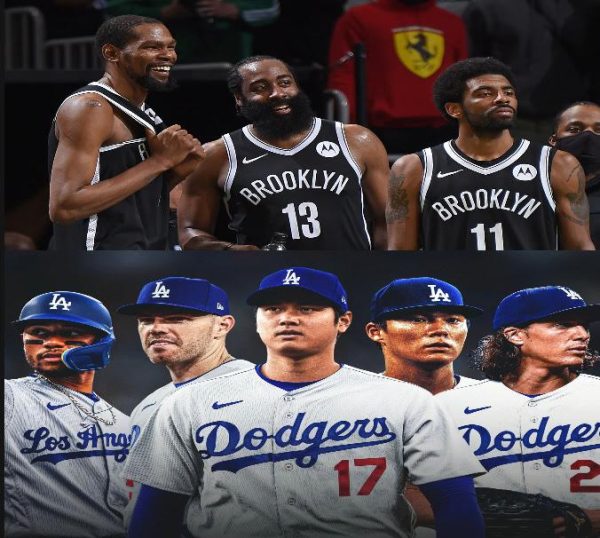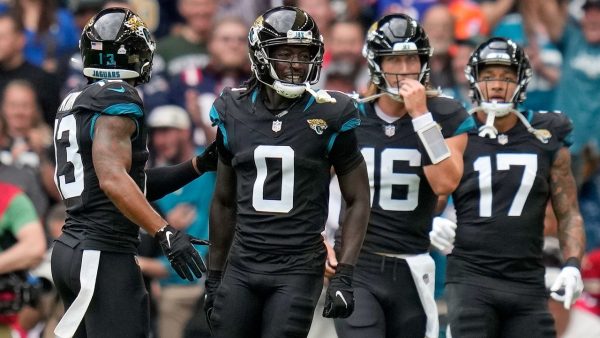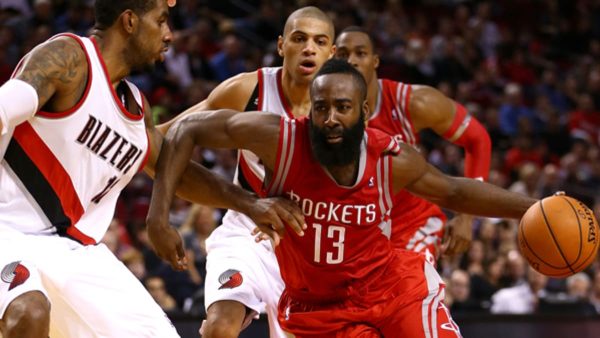Rugby 101
[Publisher’s Note: Hi, y’all. This article refers to an event that has, sadly, already concluded – specifically taking place between February 13th and 15th, 2015 – so consider this a trip into the Shield vault, a return to a simpler time, when doctors prescribed squirrels and St. Joan of Arc hadn’t been canonized yet.]
Rugby: What is it?
Isn’t it pretty much just a mixture between American football and soccer? The short answer is that it used to be. Football (yes, that’s fùtbol football) was encountering a boom in popularity in Europe in the early 19th century. Legend has it that William Webb Ellis, a young scamp attending the Rugby School in England, picked up the ball and ran with it during a schoolyard football match in 1823. (That’s right, he created a massively popular sport by being that kidin gym class.) The game spread to local Cambridge students, who drafted a set of rules and formed a team to play “Rugby football.” The sport spread to America, where innovations like snaps, blocking, and the flying wedge made the transformed “American rugby football” highly dangerous, even causing 19 fatalities in 1905.
After the PRESIDENT OF THE UNITED STATES threatened to abolish the game, the scoring system was changed, pads and penalties were added, and the forward pass and the first-and-ten down system were implemented. Eventually, this re-revised game was referred to as “American football,” (and now, simply, “football”), while rugby remained more or less the same throughout the UK and England. This is why rugby and American football retain some similar characteristics; the rounded ball, the punt, the kickoff, the extra point, the lateral, and most of all, the physicality.
Where can I watch rugby in the U.S.?
Good luck finding it. The short answer is that it’s bordering on impossible to watch live rugby in the U.S. You can find some full games on YouTube, and even find some websites that stream rugby online for free, but short of buying an expensive cable package, there isn’t much you can do. But, once a year, something magical occurs. For a week in mid-winter, the attention of the rugby world shifts to Las Vegas, as the United States hosts an international rugby tournament, known as “Vegas Sevens.”
Not only is this tournament televised, but it airs on NBC Sports, making it readily available to thousands of rugby fans and dozens of confused channel surfers. This year it’s February 13th – 15th. Why, that’s this weekend! Golly gee! [Ed. Note — No, it isn’t, unless you’re living in 2015.] Rugby Sevens is a subclass of rugby, almost like three-on-three basketball, where each team only has seven players instead of the regular fifteen, and halves last only seven minutes instead of the regular seven. This results in the best spectator sport of the modern era: a quick, physical game with lots of scoring, played at a full sprint by huge, fast, hulks of men. You can watch the United States lose to world powerhouses like New Zealand and South Africa, or tiny island nations like Fiji and Samoa, or even to Canada. Yep, Canada. They grow ’em big up there.
Why turn on the Sevens if the U.S. doesn’t stand a fighting chance? Well, for one, this is a practice round. Rugby Sevens will be in the 2016 Summer Olympics in Rio for the first time, and the national attention that this will draw will add to America’s growing interest in rugby. If you believe the idealism spouted by American rugby fans, rugby will find a permanent place in high school sports as the concussion scare grows for American football.
Basic Spectating Terms (AKA “Rugby Words are Funny”):
When someone says RUCKING, think BOXING OUT. When a player is tackled, it’s almost like a shot went up in basketball: players have to fight for position, so their team will get possession of the ball. The twist is that you can’t actually touch the ball if you’re busy grappling with someone.
When someone says SCRUM, think FACE OFF. A scrum occurs when one team commits a certain penalty: like in hockey, the scrum is a contest between the two teams where the ball is placed between them and they fight over it. In rugby, one team gets a slight advantage; a player on their team gets to feed the ball in, like how the ref “drops the puck.”
When someone says KNOCK ON, think INCOMPLETE PASS. Passing the ball forward is illegal in rugby, only sideways and backwards passes are legal. Therefore, when a player tries to catch a pass and accidentally drops it in front of him, he has technically passed it forward. This is a penalty, resulting in a scrum.
When someone says TRY, think TOUCHDOWN. The TD and the try are practically identical, except for a few small characteristics. In rugby, a try is worth 5 points, versus a 6 point TD. Also, players have to touch the ball to the ground to score in rugby, it’s not enough to just cross the try line.
When someone says CONVERSION, think EXTRA POINT. In rugby, the kicker alone kicks off a tee for 2 points, without a defense or a snap. The twist is that he can take the kick from as far away from the goal line as he wants, but he has to take it from behind where the try was scored. For example, if a try is scored dead in the middle of the field, the kicker can attempt from 10 meters back, or 20, or 30, just as long as he is in the middle of the field.
When someone says MAUL, think BARFIGHT. This unstoppable, mobile, merciless mass of men with the ball somewhere in the middle is terrifying to face and has few sports equivalents.
One Last Thing: The shorts are way more comfortable than they look.









